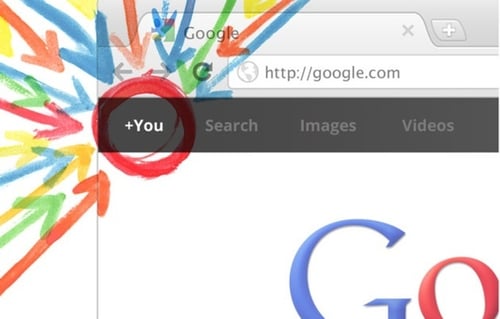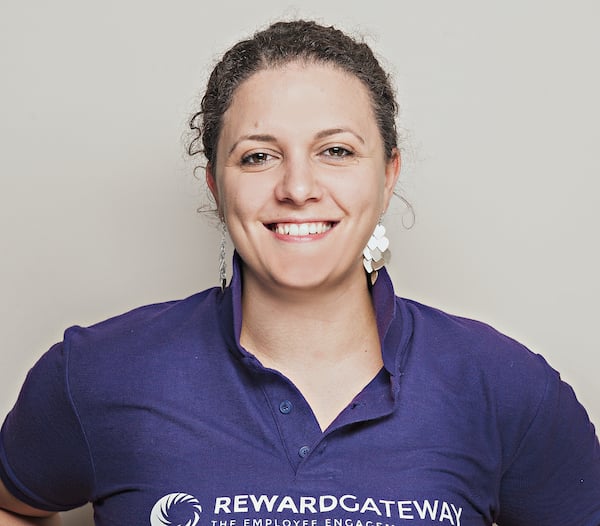
3 min read
I'm lucky enough to work for a fantastic company with a great culture, so overall we have engaged, enthusiastic staff. Even so, there will always be some miserable folk who just don't get it. I suspect there may even be some people working for Google, renowned for their workplace fun slides and free gourmet canteens, who aren't engaged.
I think there are a few key reasons why some people don't get on board. It won't cover the intricacies of every employee across the globe, but I think it will certainly explain why most of the minority might not follow your journey as avidly as others.
1) Basic, bog-standard motivation.
Why is that employee getting out of bed to work for you? Are they there to develop their career? Possibly, but does that mean they'll be engaged? Not necessarily.
At Reward Gateway, most of our employees come to work for self-development, because they love the company and because they want to work somewhere with a great culture.
Let's always remember those that come to work simply to do their 9-5 and get paid. Some that are using this employment to reach another goal; to save for travelling, to earn some money before returning to another self-employed project. The list is endless, but if you know why they're coming to work, you should be able to better understand if (and why) they're engaged.
We encourage an honest culture where it's OK to say why you're working for us, whether that's a stop-gap or a life's ambition. How does it work for you? Would someone be able to say freely 'I'm only here for a year then I intend to move on...'? I know that during my gap year, 10 years ago, it certainly didn't feel comfortable being totally up front about the fact I'd be outta there in 12 months.
2) Too busy to breathe, let alone mess around with this cultural nonsense.
In the process of writing this blog, I read Seth Godin's 'I didn't have time' blog (an RG-wide favourite blogger), the opening lines from which really echo my thoughts;
"I didn't have time."
This actually means, "it wasn't important enough." It wasn't a high priority, fun, distracting, profitable or urgent enough to make it to the top of the list.
I know for a fact that one of the many things binding our employees together is that we're all busy. Whether that's client deadlines, a new system to roll out or working on a new project, everyone's schedule is rammed. I've heard the phrase 'as soon as...' so many times (often out of my own mouth), when we want to finish one thing before starting another (sounds obvious doesn't it?). My observation tells me we tend to yearn for things to be ticked off our to-do list, when often that's what gets in the way of achieving all the great things we're capable of.
Is there a chance that an employee who's 'too busy' to get engaged, would benefit from a chat about their schedule? Are they understaffed in their team? Most importantly, do you know what's going on with them? If you do, you'll be in a better position to help them out and bring them on board.
3) I just don't get excited very much.
Let's not overlook personality traits and individual preference. Everyone at our company completes an Insights profile which shows us their preferences towards communication, environment, decision-making and loads of other areas. I think that some quieter employees in a busy, loud and fast paced company are misunderstood as disengaged when in fact, they're doing just great.
Firstly, how comfortable are you that you're measuring engagement effectively to include everyone (surveys, group sessions, anonymous feedback and whatever works for you)? Secondly, there's a lot to be said for taking a step further by tailoring comms, employee benefits delivery and anything related to your culture so that you're reaching it to those slightly quieter champions in your company.

 Sarah Akanbi
Sarah Akanbi



